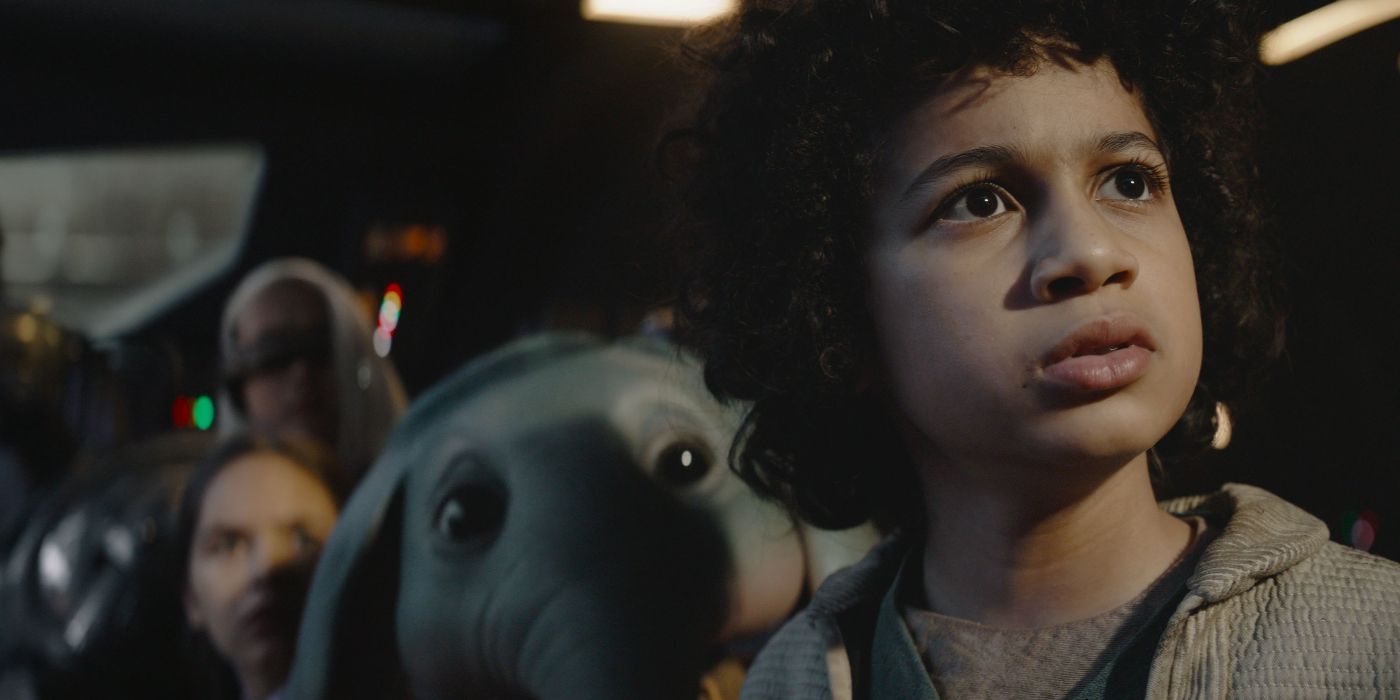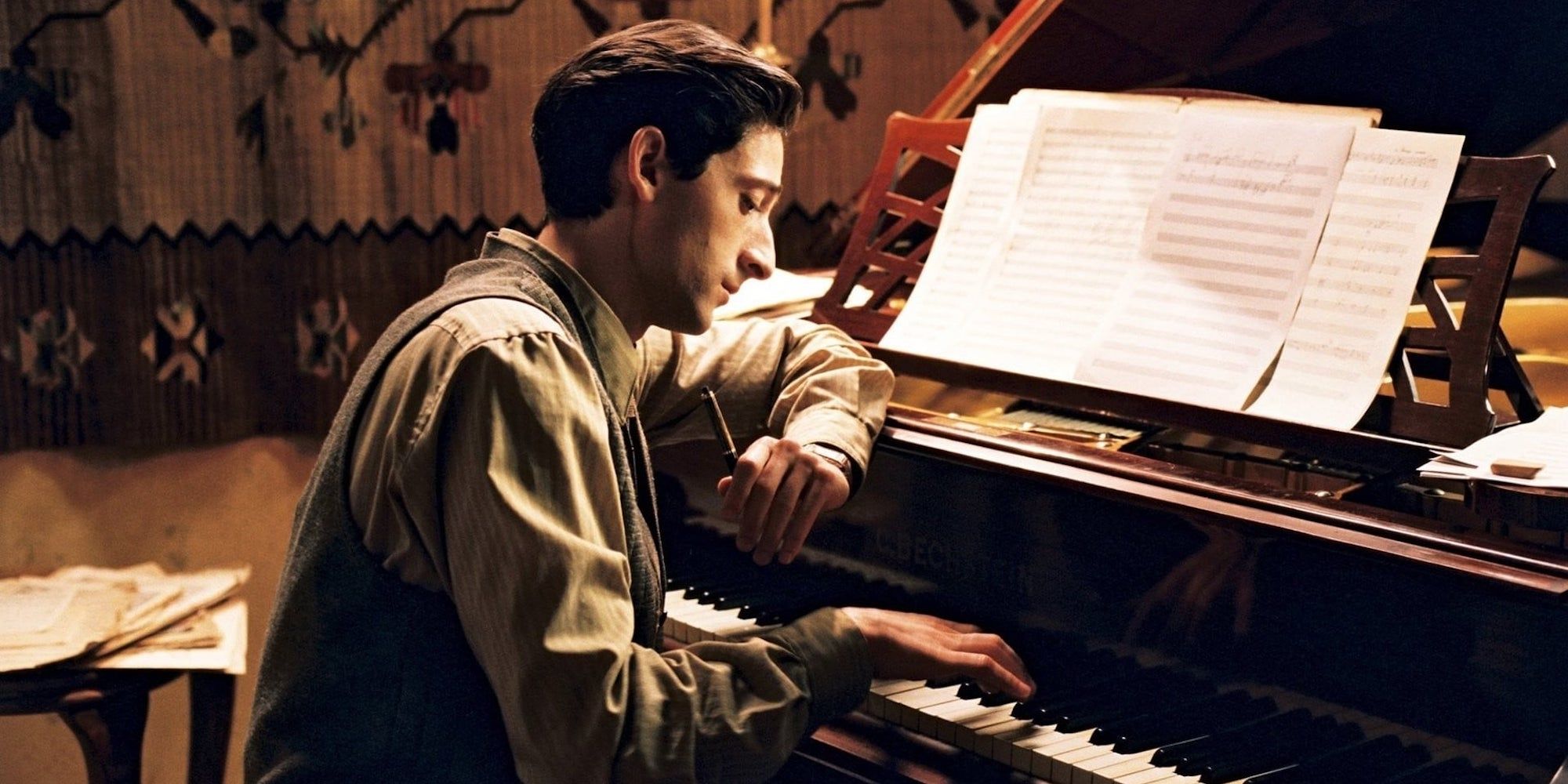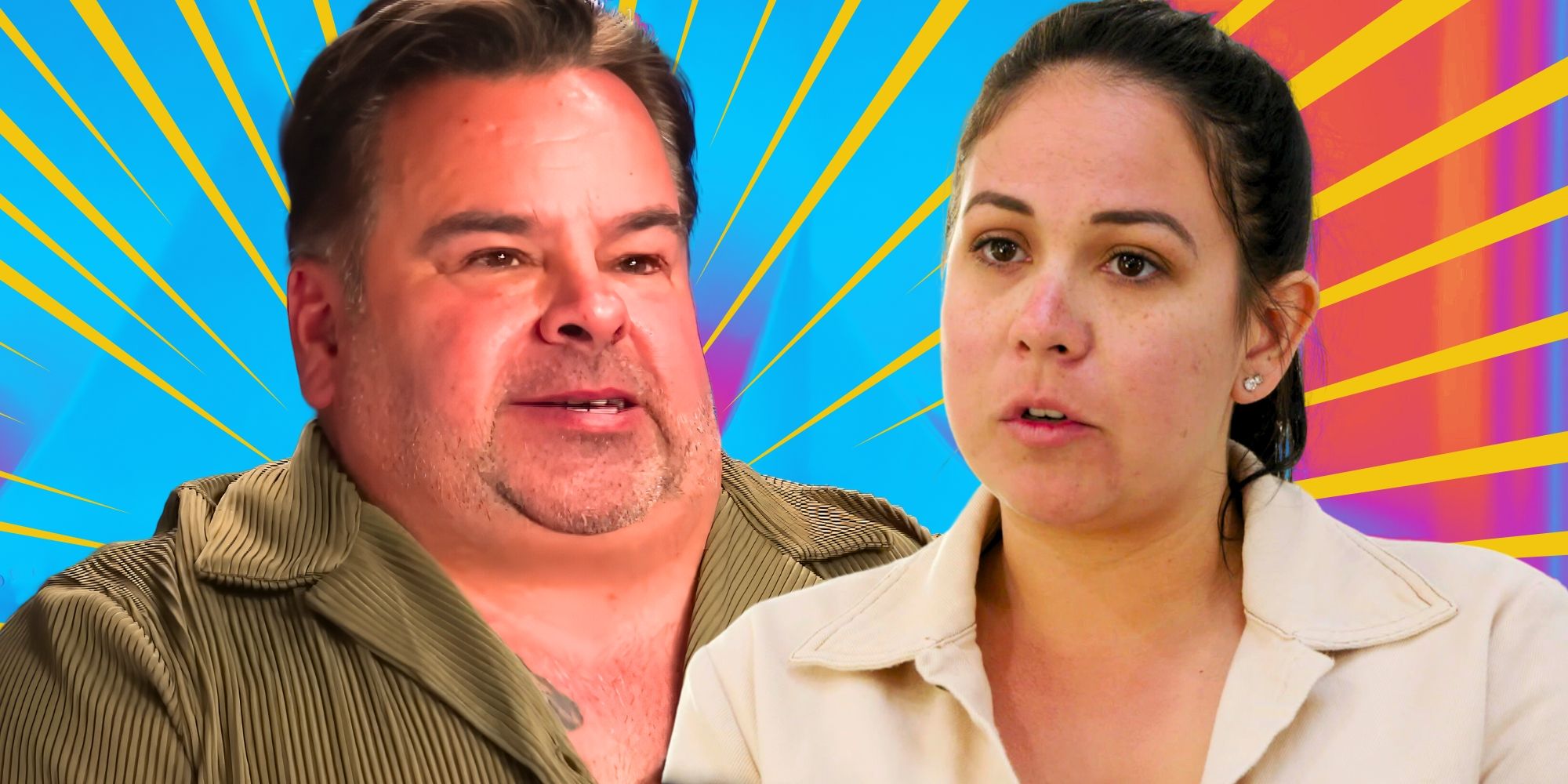Being an EGOT is a very big deal in the entertainment industry. But Viola Davis, well, she has those four awards and prestigious letters and just about every other letter in the alphabet. She has received every critics’ award from nearly every state, plus honors ranging from the Cannes Woman In Motion Award to the Hasty Pudding Woman of the Year to Time magazine naming her one of the most influential people in the world — all in all, 123 awards and counting. But her latest, the Golden Globes’ Cecil B. DeMille Award, is touching her heart in a very meaningful, profound way.
“I was absolutely in shock,” she says of her reaction when she learned she would be receiving the honor at this year’s ceremony, which will air live on CBS and stream on Paramount+ on Jan. 5. “I guess there’s always something that happens in your life that, if it happens at the right time, it makes you self-reflect. And what I self-reflected on is that I’ve lived an interesting life. I’ve lived a life of purpose, and I can’t say that it was always just about being an actress and being an artist, but it was about answering a larger call to adventure, to go on a path of doing something that made me feel like my life was significant, that what I put out there in the world is Viola, you know, like in a brush fire of meaning, a purpose of leaving something in people. And for me, that’s what the Cecil B. DeMille Award is all about.”
She adds, “I hate to say that it’s in a shiny object, but sometimes, you know, the shiny object could be a sort of metaphoric symbol of something much larger, which is little Viola never felt like she was worthy. And who knew that when I put it forth out in the world that I was indeed worthy of something.”
The Cecil B. DeMille Award for “outstanding contributions to the world of entertainment” is what you might call the “next level,” as far as entertainment industry awards go. It is given to icons in the business. And of the 69 honorees since 1952, only 16 have been women. Davis breaks it down even further.
“You say that there’s been 16 women that have been given the award; I say that I’m the fourth African American that’s been given the award and the second woman of color,” she points out. “For me, I see it in that lens, which is, I just feel like it’s a sacred dance between actor and character every time you get a job. And that sacred dance is that that character is giving you permission to enter their lives, and not just their lives in terms of what people see, what is cosmetic, but enter their lives in a way that honors their deepest and darkest secrets.”

When she decided to become an actor, that perspective is what interested her. She never felt as if she fit into the glamorous movie star mode, that “size two body” type. What she felt was her ability to show human life at its most naked and most honest form.
“I felt like that was the task. And a lot of those characters are people that no one sees because they’re in my body They’re in the body of a dark-skinned woman with thick lips and wide nose, and they’re more than just a maid. They’re more than just a drug addict or an urban mom. They’re people who have a ‘why’ to their lives,” she says.
“I felt like if I could do that, that that was, that’s what gave me my significance. And I’m pleased that other people see it. They see it in the characters, and they see it in me.”
Critical acclaim, yes. That bounty of awards in her office speak to that. But the public has also embraced her — both figuratively and literally. “A lot of people wanna hug me on planes and in Target — men and women, by the way,” she laughs. “Sometimes it becomes overwhelming. But, you know, my go-to saying is, ‘You can leave something for people,’ or ‘You can leave something in people.’ I believe that art at its best leaves something in people. It makes them feel less alone in the world. We all feel so utterly alone at times that I think that we’ve missed opportunities to be really empathetic and to really — not to sound ‘kumbaya’ — to love people.”
That is what people see in Davis — honesty, someone who lives in their truth. “I don’t think that a lot of people have the courage to do that, to belong to themselves,” she says. “I think they see that in me, and it gives them some level of permission, some level of acknowledgement that they’re worthy in all their mess and all their beauty and all their imperfections. That they still feel worthy. I think that we all look for evidence of it. I don’t think that we always find it, but I think people see that in me.”
And that help in opening others’ eyes to their own worth brings Davis an enormous amount of joy and feeling of purpose. “I really do believe that all artists on some level feel like they’re doing that, and I think that has been the attraction to the profession,” she says. “But I think what happens is the business enters it, the business of how much money you’re making, how big your trailer is, how pretty you are. Ageism. Racism. All kinds of isms that happen that sort of invade the purity of that love. But at the core of the loves is that it’s that alchemy that you could get as an artist where you are channeling human life. That is the task of an artist. It’s nothing else.”
She goes on: “It’s a joy to be able to do that. It really is. And we don’t always succeed with it, but the goal is to always do that.”

Davis’ joy of accomplishing that task goes far beyond what she does on camera to what she does behind the scenes with her husband, Julius Tennon, and their production company, JuVee Productions. “That’s a mission that doesn’t even need to be. That’s almost like calling up a hotel that you’re about to go to and saying, ‘Do you have pillows?’” she explains. “Our mission, we’re committed to the broad spectrum of humanity. What that means is that, when I walk outside my house every single day, my life is made up of Black people and Asian people, and white people, and young people and old people. It’s about the broad spectrum. It’s about entering worlds where everybody is taking space, everybody is a fully drawn-out, real human being, and it’s about seeking those artists who are writing about that, who are telling stories that include that and not just one side of life.”
And since they started JuVee in 2018, that’s what it has attracted, from documentaries like “The Last Defense” and “Giving Voice,” to TV series like “The First Lady” and films like “Troop Zero” and “The Woman King” — and they have a dozen projects in various stages of development.
“It’s become almost a beautiful sort of way station for artists to finally breathe and say, ‘Oh my God, I feel like I’ve been on the periphery, but that you see me,’” she smiles. “And I think that we’ve attracted some of the greatest artists, and we fight for them. We rally for them. And I think that you’re good to see that in the coming months, weeks, years from JuVee Productions. I’m really, really proud of that too.”









 English (US) ·
English (US) ·